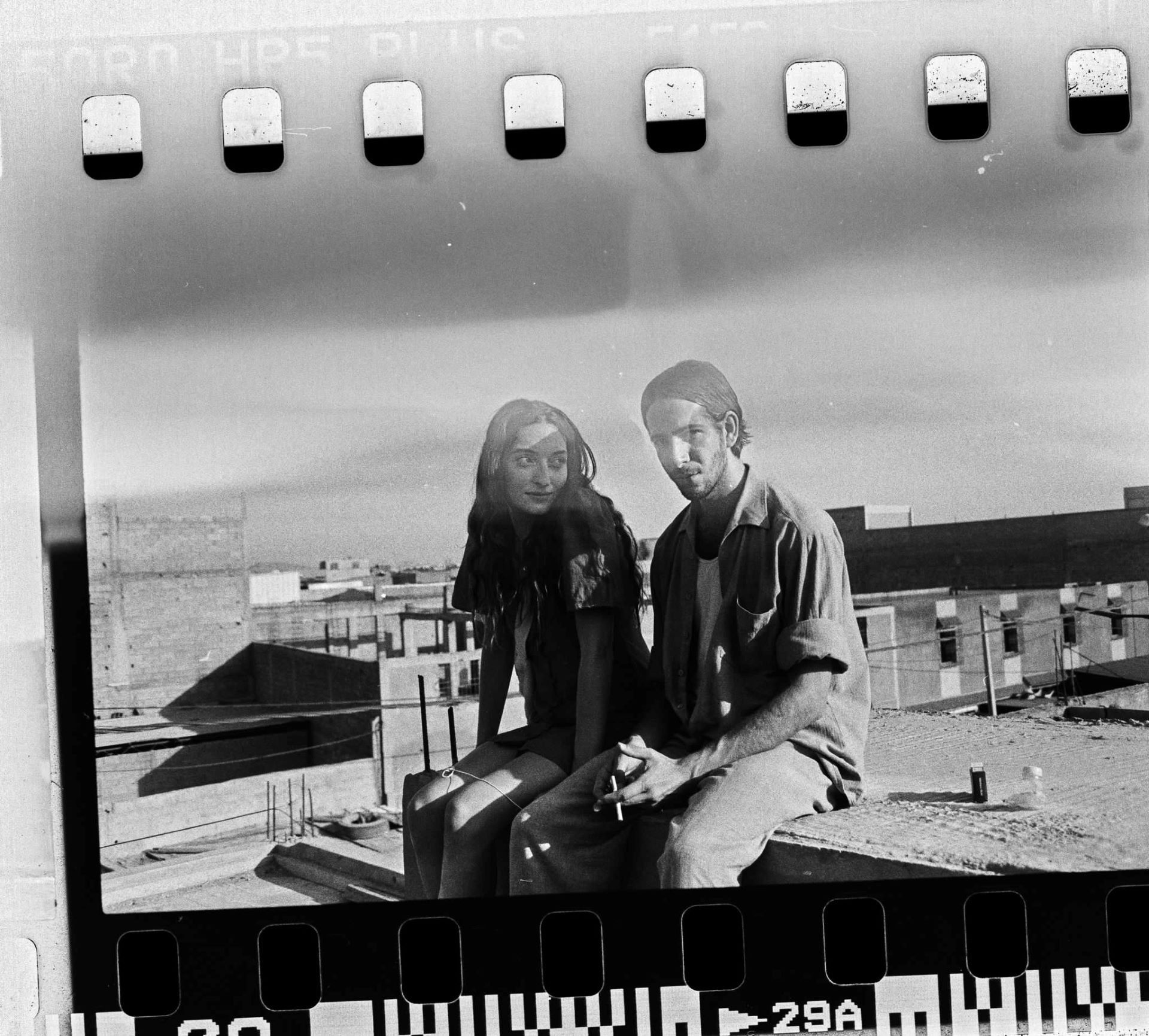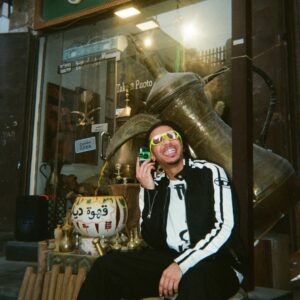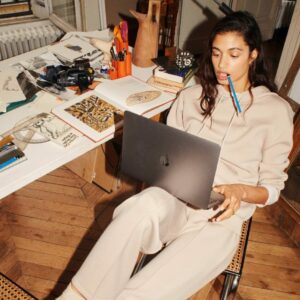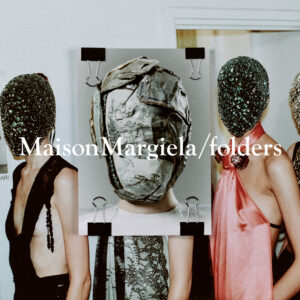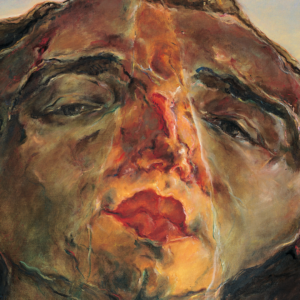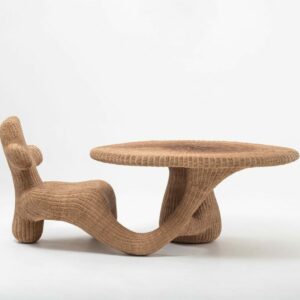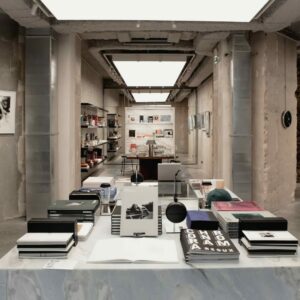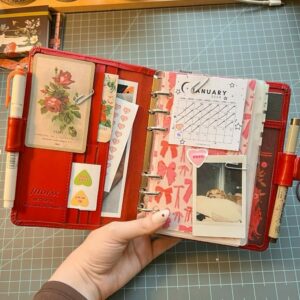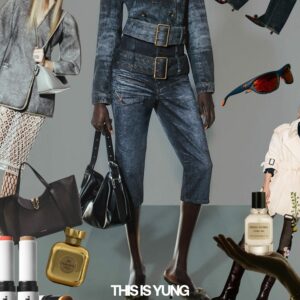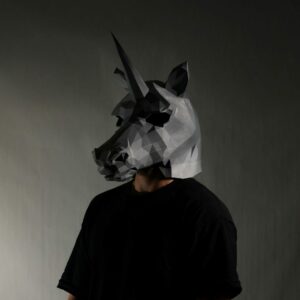Shaden Safieddine Tazi (Instagram) is a Lebanese-Moroccan director, model, and creative. From her childhood fascination with storytelling to her deep-rooted connection to cinema, Safieddine Tazi’s profound inspirations fuel her creative expression. As the co-founder of The Soho Film Club, she cultivates a vibrant community for film enthusiasts to explore and discuss independent cinema. Through her filmmaking and editing endeavours, Shaden Safieddine Tazi navigates the realms of fiction and documentary, embracing the essence of storytelling with authenticity and depth.
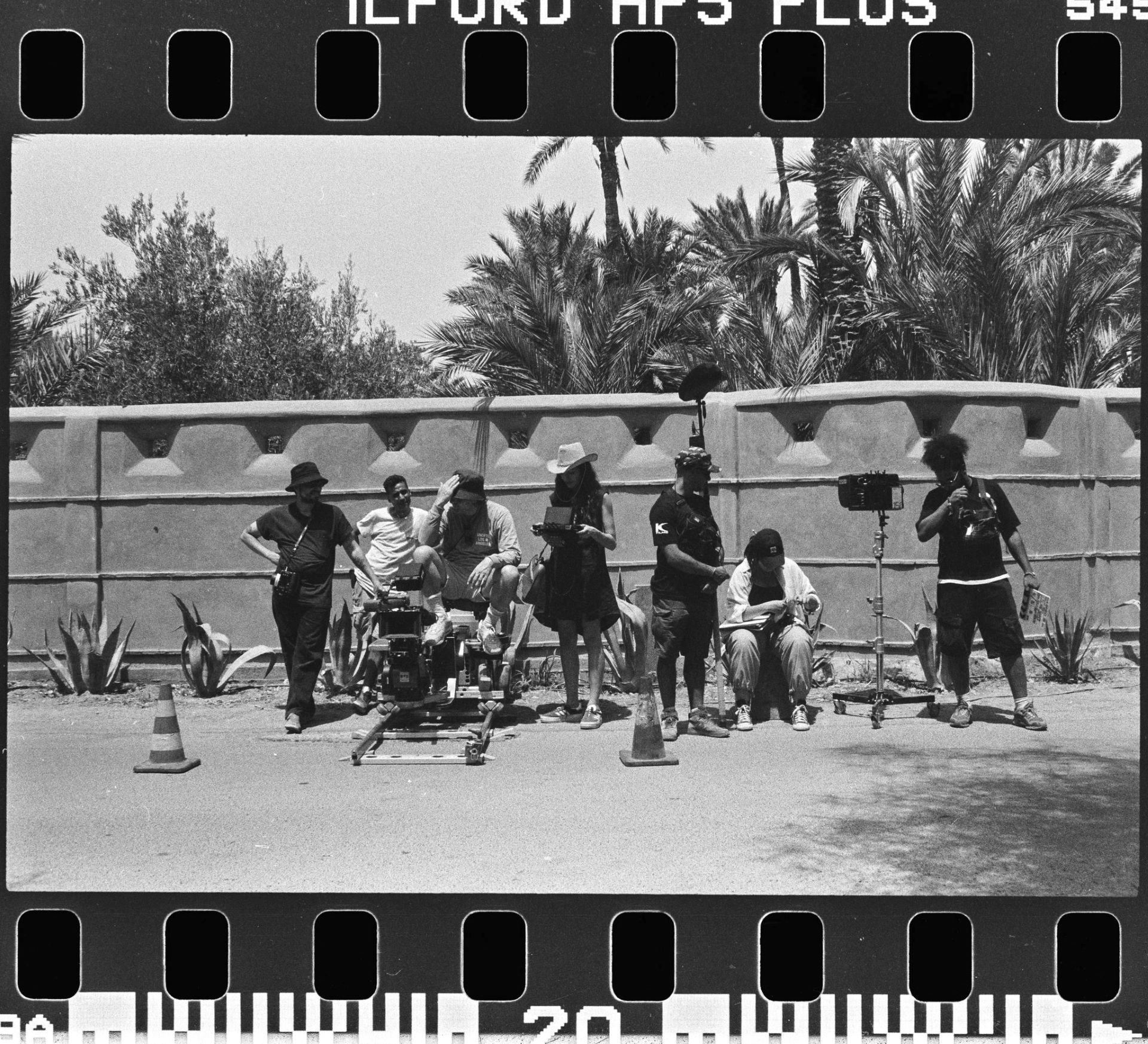
Shaden Safieddine Tazi, welcome. How did you first embark on your journey into filmmaking?
I’ve always been an observer of people, time and movement. I grew up writing down the sentences and observations that struck me, and imagining the world that would emerge from them. In that sense, cinema has always felt like the most natural medium I could express myself with. I’ve always been drawn to artists who had their own universes, like Tim Burton, Fellini, Wim Wenders or even Kid Cudi, and spent my teenage years in Morocco immersing myself in these. I try to think of filmmaking as the expression of my own universe, a collection of everything that’s moving me. In that sense I consider cinema to be the strongest relationship I have with myself and the world. I still have a lot to learn and nurture.
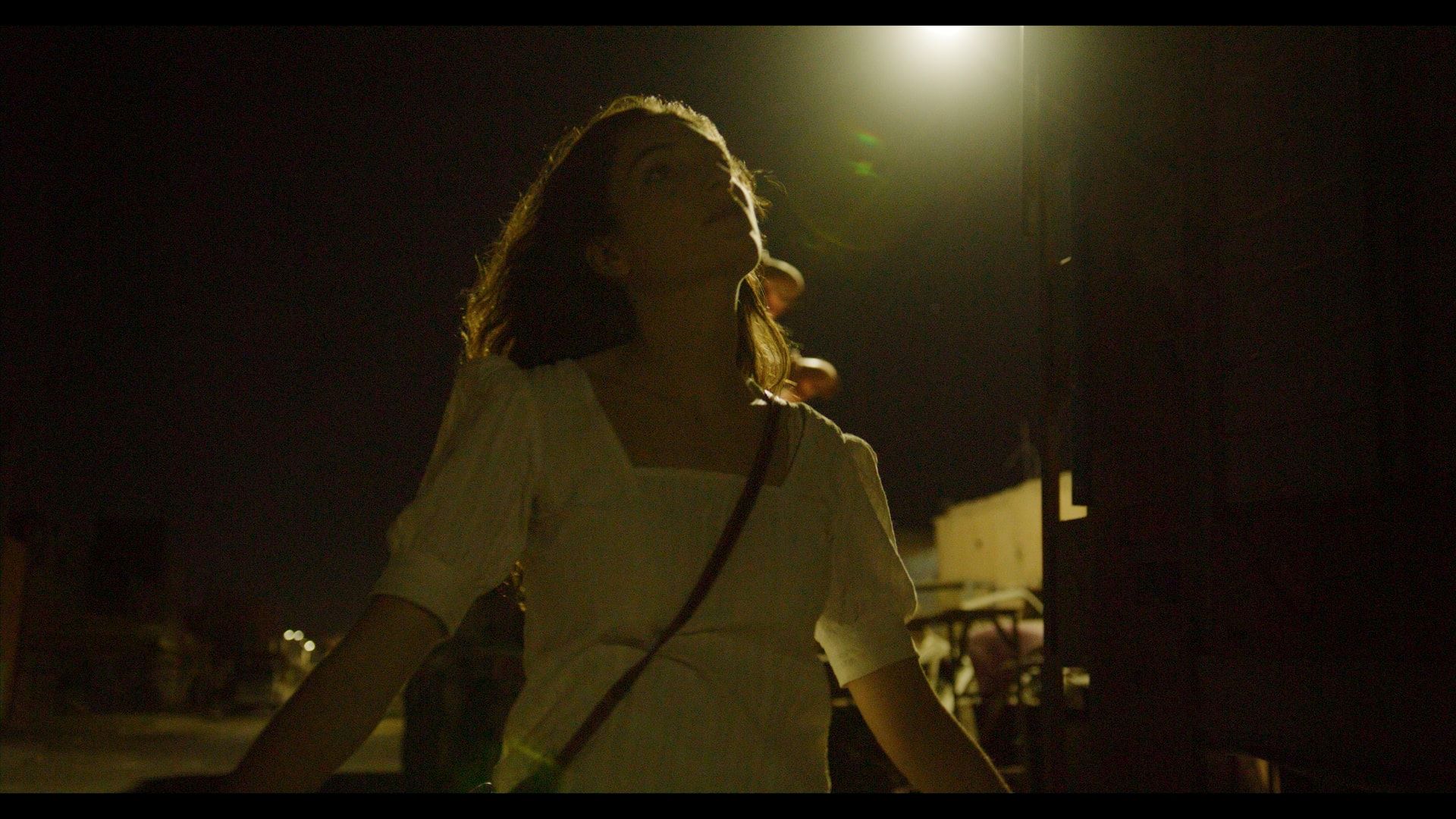
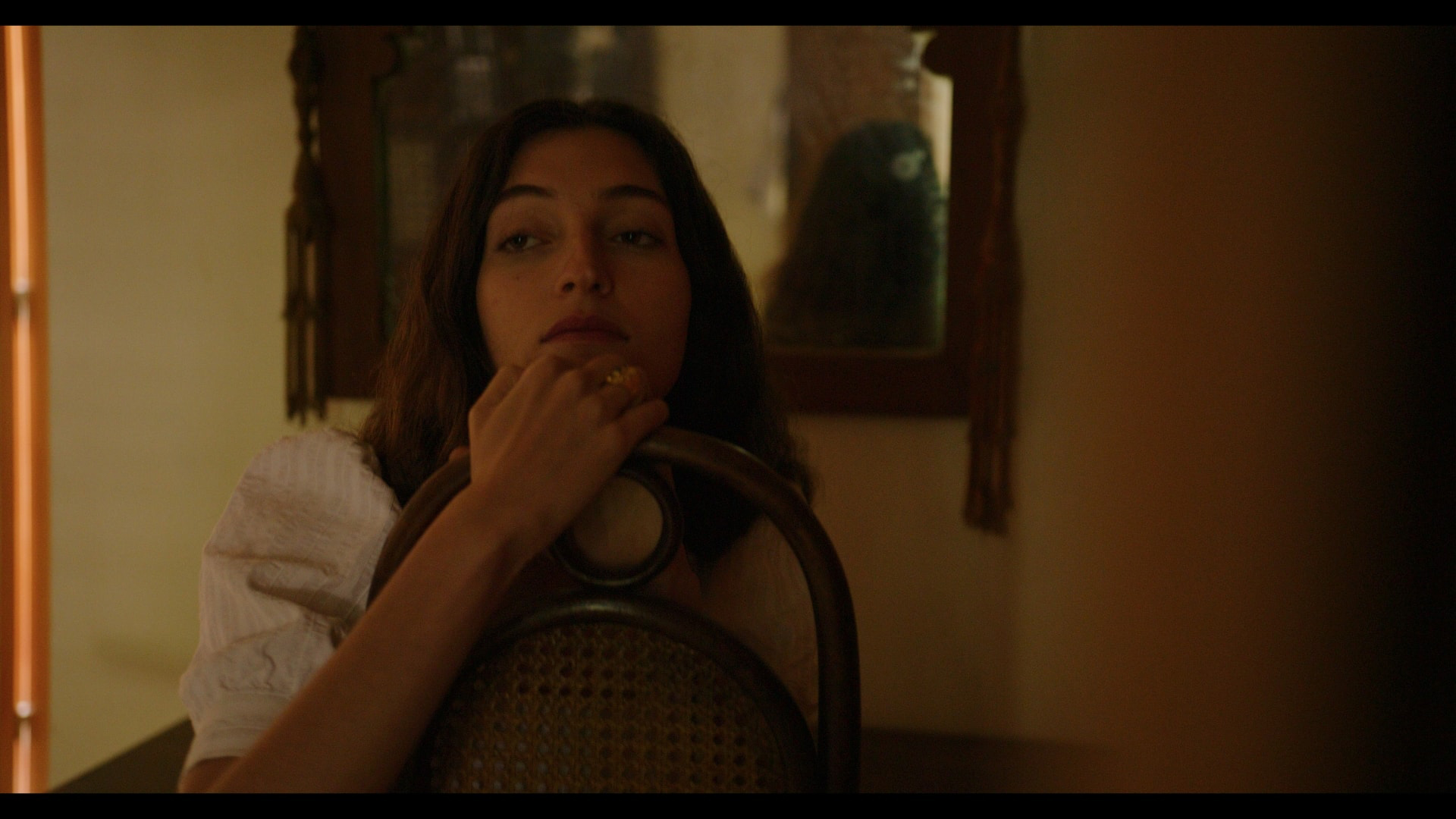
How does editing contribute to your own growth as a filmmaker?
I love having a multidisciplinary approach to my work and being engaged in every step of the filmmaking process. While editing my short, I learned a lot about my own strengths and weaknesses as a filmmaker. I also had to learn not to sacralize my work and to just cut some sequences that didn’t work out, even though I was emotionally attached to them. It’s all about cutting down to the essential and focusing on the essence of the film, which ended up extremely liberating somehow. Being part of the “Alegria” (a documentary by Nicolas Lopez Alegria about his astronaut father going to space) editing room and working on a completely different medium is very enriching because, contrary to fiction, there’s very little room for “the manipulation of material” with documentaries. It’s the material that guides the edit, while my experience with fiction trained me for the opposite. It’s all about trusting the process and staying very authentic to the story we’re sharing.
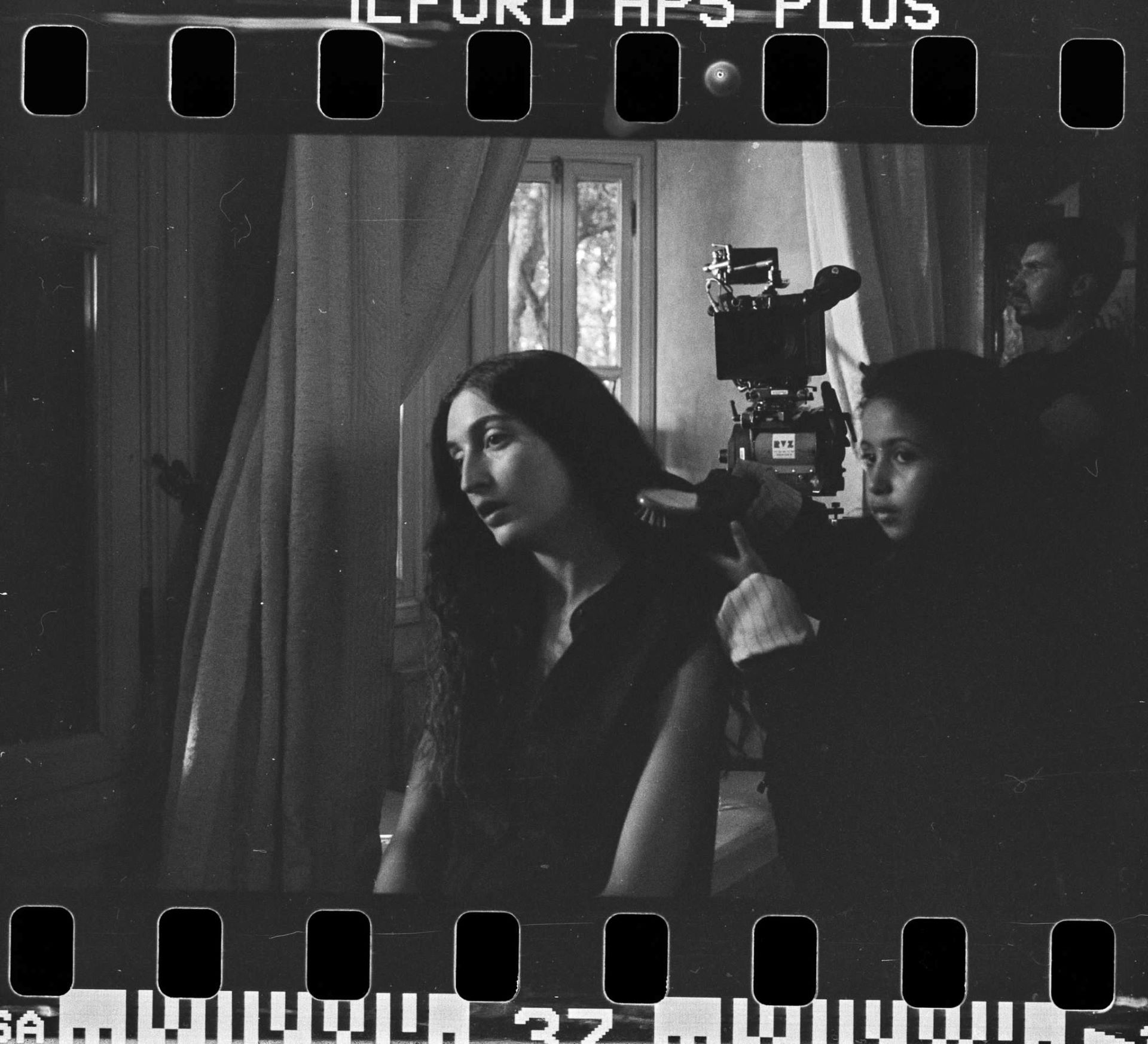
Can you highlight a project or film that you’re particularly proud of, and share the inspiration behind it?
My first short film, “Un jour tout va disparaitre” (Everything will disappear), is definitely the work I feel the proudest of, and it’s my most personal work. It’s a 17-minute short film that revolves around Amira, a 21-year-old who returns to her hometown in Marrakech after years of absence and must quickly reunite with her Alzheimer-diagnosed grandfather before it’s too late. I started writing this film when Morocco closed its borders during the pandemic, and I was away from home. Post- production is done and the film is now of to the festival circuit, so fingers crossed!
I’m now developing another short film that takes place in Lebanon, the story grows with me everyday and I’m extremely excited about it.
How have your experiences as a Lebanese-Moroccan artist in the film industry shaped your views on diversity and representation?
As a Moroccan-Lebanese artist deeply connected to both cultures, I’ve always appreciated the richness and complexities of the Arab World. But it’s fascinating to observe the ironic dichotomy at play: While the Western world often perceives us as a homogeneous entity, we, in turn, sometimes lean towards nationalism, focusing more on our differences than our commonalities. In my work, I enjoy building bridges between Morocco and Lebanon, not as activism but simply as the reflection of my cultural heritage and how I experienced life. For example, in my short film “Everything Will Disappear,” the soundtrack features Roger Fakhr’s or Ziad Rahbani’s voice, set against the backdrop of Moroccan landscapes – how fun!
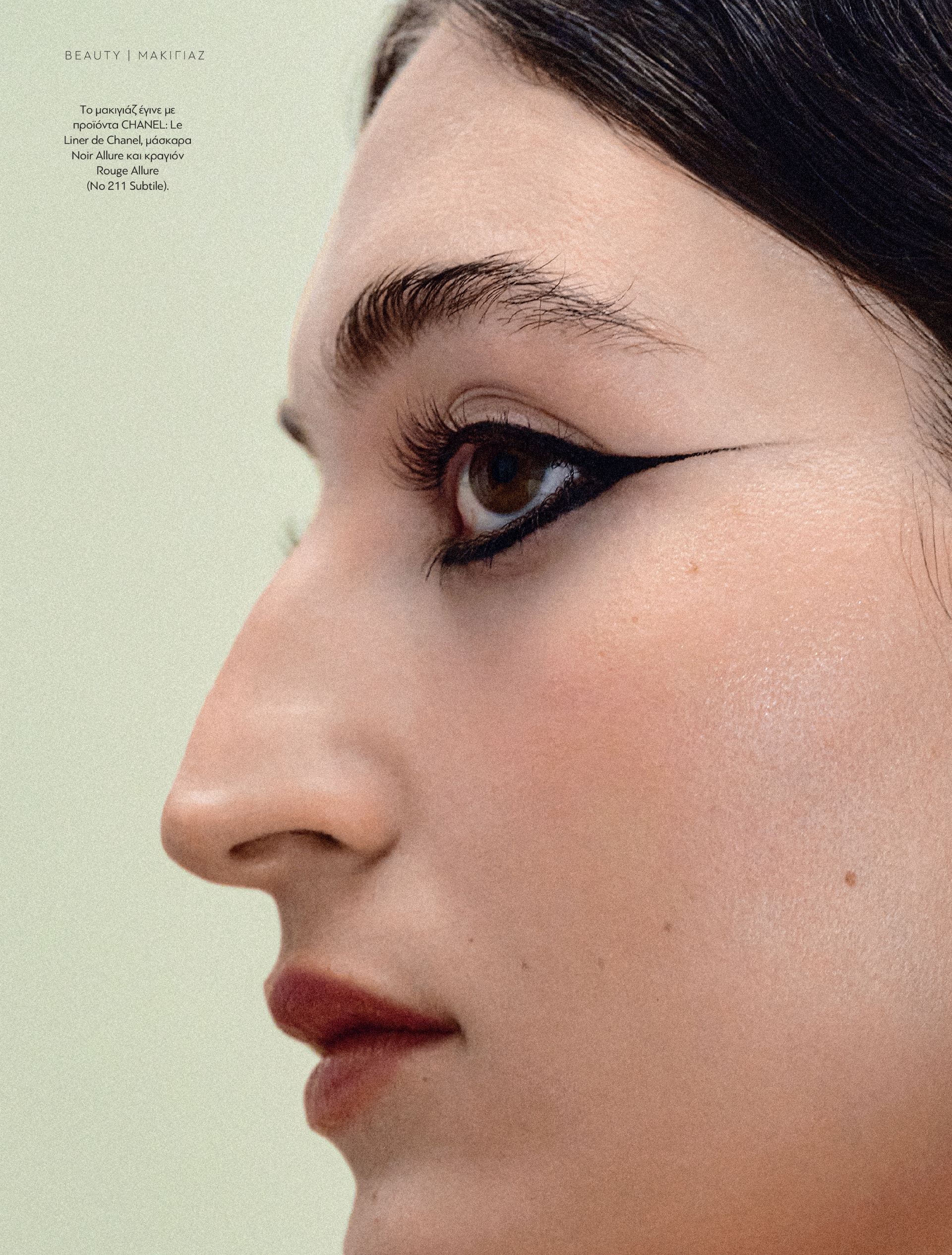
For more stories of art and culture, like this interview with Shaden Safieddine Tazi, visit our dedicated art and culture archives.
